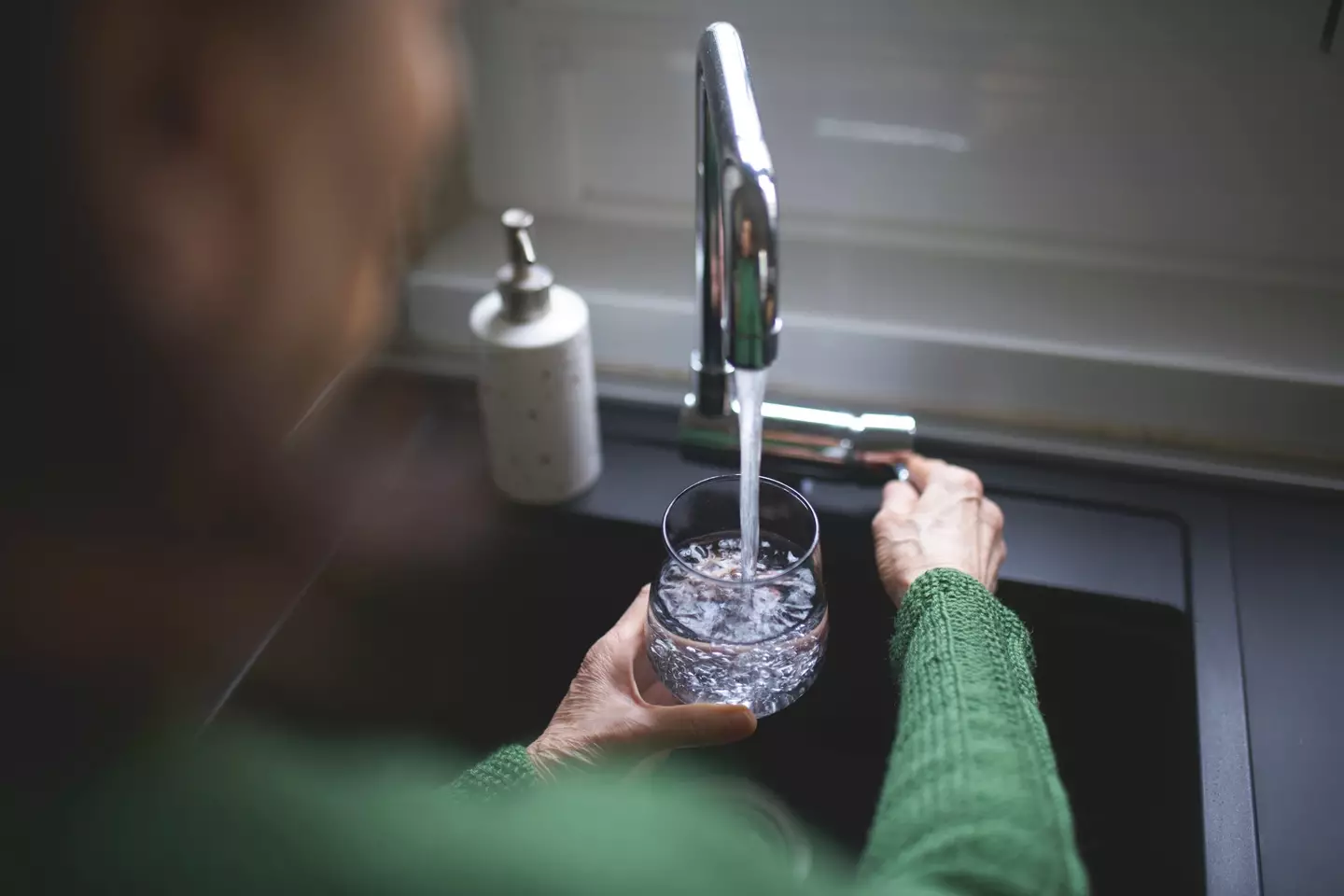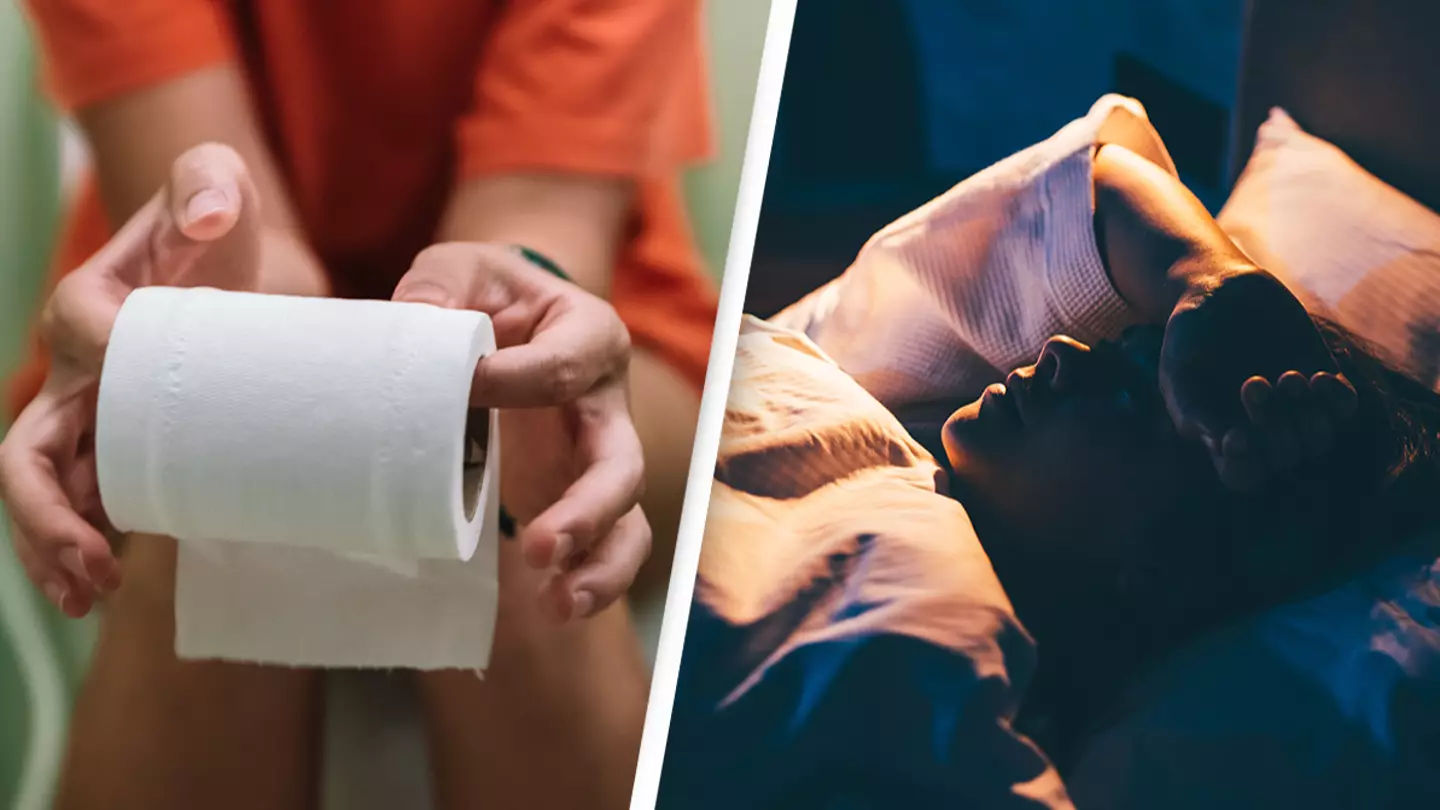Nocturia can be caused by several different factors.
Nocturia, the need to urinate at night, can stem from various factors. Doctors explain when this becomes a concern, depending on age. Understanding these patterns can help differentiate between normal aging and potential health issues.
Why Does Nocturia Happen?
Nocturia can disrupt sleep and impact daily life. According to Davina Richardson, a nurse at Bladder and Bowel UK, it can often result from drinking too much caffeine or consuming liquids too late in the evening. However, frequent trips to the bathroom might indicate underlying health issues. Sleep deprivation caused by nocturia may also affect mood, concentration, and overall energy levels throughout the day.

In some cases, nocturia is linked to lifestyle factors, such as high salt intake or inadequate hydration during the day. Addressing these habits can reduce the frequency of nighttime urination.
What Is Considered Normal?
NHS doctors state that the number of times you wake up to urinate varies by age. For those under 60, getting up once a night is common. As people age, this number increases:
- Over 70 years: Up to two times a night is normal.
- Over 90 years: Up to four times a night is typical.
This is due to the decline in the antidiuretic hormone (ADH), which helps the body retain water and prevent dehydration. Lower ADH levels in older adults mean the body produces more urine at night, leading to increased bathroom trips.
When to Worry About Nocturia

Frequent nighttime urination, combined with other symptoms, may signal health problems such as:
- Diabetes: Symptoms include excessive thirst, unintentional weight loss, blurry vision, and more frequent urination. Managing blood sugar levels can reduce these symptoms and improve sleep quality.
- Heart Conditions: Chest pain, swollen ankles, sweating, and increased nighttime trips to the bathroom may be warning signs of an underlying heart issue. Early diagnosis and treatment are essential.
- Urinary Tract Infections (UTIs): Symptoms include a burning sensation while urinating, cloudy urine, or foul-smelling urine. UTIs can often be treated with antibiotics, but persistent issues may require further investigation.
- Kidney Stones: These may also cause nocturia alongside other symptoms, such as severe pain in the back or sides and blood in the urine.
- Prostate Cancer: For men, this could be another potential cause of frequent urination. Regular check-ups and screenings can help catch prostate issues early.
Other Possible Causes
Additional reasons for increased nocturia include:
- Sleep Disorders: Conditions like sleep apnea can cause frequent waking and subsequent trips to the bathroom.
- Medications: Diuretics and certain blood pressure medicines can increase nighttime urination.
- Overactive Bladder: This condition involves the sudden and frequent urge to urinate, which can disrupt sleep.
- Increased Fluid Intake: Drinking excessive amounts of water, especially in the evening, can contribute to nocturia.
Identifying the root cause is crucial for effective management. Simple lifestyle changes, such as adjusting fluid intake and limiting caffeine, may significantly reduce symptoms.
Managing Nocturia
To manage nocturia, consider these tips:
- Monitor Fluid Intake: Drink most of your fluids earlier in the day.
- Limit Caffeine and Alcohol: Both can irritate the bladder and increase urine production.
- Maintain a Healthy Diet: Reducing salt and sugar intake can help balance fluid retention and reduce nighttime trips.
- Consult a Doctor: If lifestyle adjustments don’t help, seek medical advice to identify and address underlying causes.
Final Thoughts
While nocturia can be a natural part of aging, consistent patterns of frequent urination combined with other symptoms should prompt a visit to a healthcare provider. Timely intervention can address underlying conditions, improve overall well-being, and ensure better sleep quality. Understanding and addressing the causes of nocturia can help individuals regain control over their nightly routines and enhance their daily lives.

